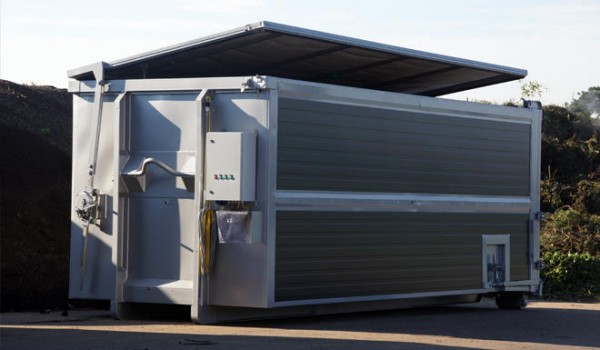COMPOSTING PROCESS
1. Definition of organic fertilizer
- Organic fertilizer is the product of the biological decomposition of organic waste into a stable, useful product that is odorless and free from pathogens, not attractive to insects, and beneficial for agriculture. Organic fertilizer is very rich in nutrients. It is used in gardens, landscapes, orchards, and agriculture. Organic fertilizers benefit the soil in many ways, including soil conditioning, fertilizing, adding important humus or humic acids, and acting as a natural soil pesticide.
- The composting process also serves as a method for solid waste treatment, reducing environmental pollution. Sources of organic waste suitable for composting include: cow manure, poultry manure, sewage sludge, decomposed activated sludge, leaves, dry grass, food scraps, rice husks, sawdust, etc. With benefits such as waste treatment and stabilization, pathogen elimination, nutrient recovery, and soil improvement, composting organic fertilizers deserves attention and widespread adoption.
2. Composting methods
a) Windrow composting

- Natural aeration through periodic turning.
- Materials are arranged in long, narrow rows (1-3 m high; 1-3 m wide) and periodically turned.
- Materials are shredded and screened to achieve optimal size.
- Composting time: 3-6 months.
b) Forced air composting

- Composting in long rows or piles.
- Air is supplied using a system of blowers or compressed air with air distribution pipes or floors.
- Composting rows 2-2.5 m high.
- A layer of screened compost is placed over new rows to isolate and control odor.
- Composting time: 3-5 weeks.
c) Composting in containers

- Materials are composted in containers.
- Forced air aeration is applied.
- Materials are composted in long, narrow compartments. Compost is continuously moved along the length of the compartment.
- High investment cost and requires advanced operational techniques.
d) Turned fermentation composting

- Commonly used in Vietnam.
- Carried out in covered areas or with tarps to prevent rainwater.
- Composting bins are rectangular, approximately 1.5-2 m high and 4-4.5 m wide.
- Aeration is provided by turning 1-2 times a week.
- Composting time: 3-4 weeks + 3-4 weeks to mature.

 Home
Home




